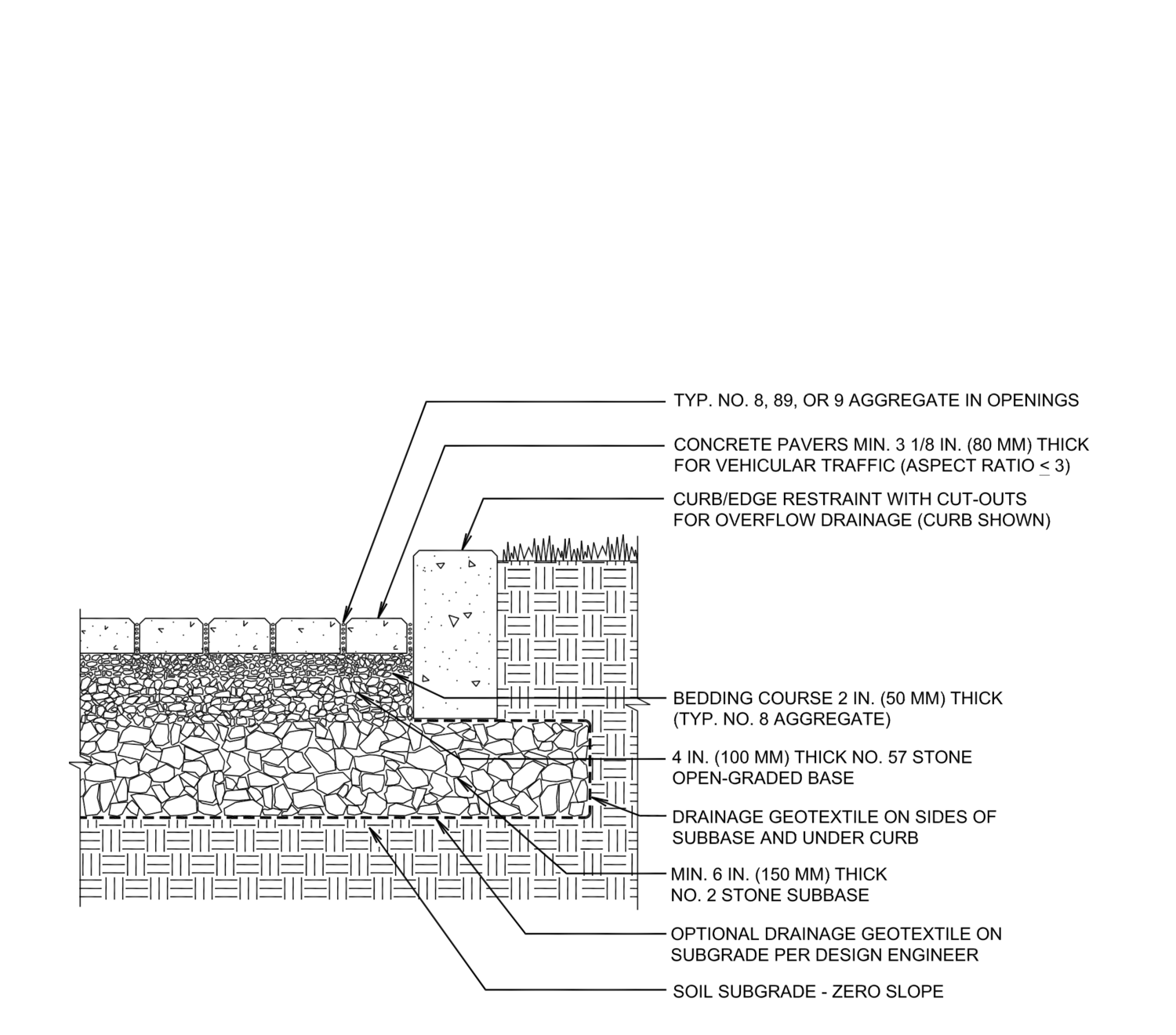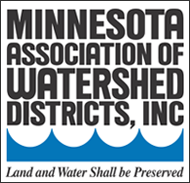Be a part of the storm water management
& water quality solution
Serving the twin cities metro area
The Basic Idea
Before urban development there were landscapes that cleaned and controlled storm water. Rainfall traveled through soil, over rocks and into channels before
returning to networks of drainage basins—rivers, lakes, and wetlands—or our local watersheds. This natural process was very important to water quality and the viability of the plants, people, and wildlife depending on it.
With urbanization came impervious surfaces—rooftops, asphalt parking lots, impervious concrete sidewalks, pipes, culverts, etc. These new manufactured landscape features dramatically altered the hydrology of their respective regions resulting in a series of negative consequences: poor water quality in groundwater and watersheds, resulting in destruction of aquatic habitats and the creatures they supported, as well as flash flooding, erosion, and overwhelmed water treatment facilities.
Permeable Interlocking Concrete Pavement (PICP) is a sustainable paving system engineered to help manage stormwater runoff and improve water quality. When stormwater falls on PICP, the water travels from the surface of the pavers into the stone filled gaps in between, then through layers of progressively larger pervious stone which act as a filter for environmental toxins similar to the natural system detailed above or native plants and rocks in a rain garden. The PICP paver base acts as a miniature, natural, onsite water treatment plant, cleaning water as it finds its way into the subsoil below. Because the storage potential of PICP is so substantial, rainfall from rooftops and other nearby hardcover surfaces can be incorporated into the base for additional environmental gain, and as a means to preventing potentially damaging and costly drainage issues.
Permeable Interlocking Concrete Pavement (PICP):
• Creates a 100% pervious surface
• Infiltrates up to 100-300 inches of Stormwater per hour
• Holds up to 5x its own surface area of additional runoff
• Decreases the local flood potential
• Filters out environmental toxins
• Processes vehicular pollutants
• Eliminates the need for detention and retention ponds
• Connects to rain gardens & other Green Building solutions
Properly Installed PICP:
• Is recognized as a Best Management Practice (BMP)
• Supports Low Impact Development (LID) principles
• Meets U.S. Environmental Agency criteria for BMP
• Scores LEED and Green Globe points
• Allows for local and national Watershed (CWP) Tax Credits
• Complies with U.S. National Pollutant Discharge Elimination System (NPDES) regulations
Be a part of the stormwater management and water quality solution:
Go Permeable!




